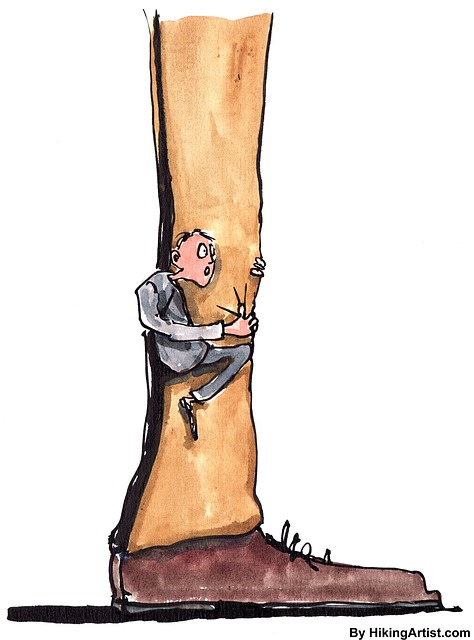Congratulations! You have been offered the position that you have been pining for. During your final interview, you realized that the starting salary is less than what you expected. It is completely normal to feel disappointed at first. But, you must not dismiss a job offer because of the relatively lower paycheck.
Do not get me wrong! I am not advocating the acceptance of an utterly ridiculous offer. All that I am sayings is that there are some scenarios where a lower paying position can pay off in the long run. Here are just some of them:
#1: WHEN THERE ARE OPPORTUNITIES TO GROW
Just because your current position pays lower than expected, does not mean that you are going to be stuck in a low paying role for a lifetime. A low paying position may be used as a stepping stone for something much brighter. For instance, many bank employees agree to contract roles for a chance to be converted into permanent staff.
Other institutions provide opportunities to jump to different departments as they do not want their employees to be stagnant. Alternatively, you may use your acquired skills and experience as a leverage for the next company that you will apply for. You can get paid more as an “experienced” candidate.
#2: WHEN YOU WANT A CREDIT BOOST
there are two ways to boost your credibility without having to accept a bigger paycheck. One way is to apply for a recognized company and the other is to take on an impressive job title. Let us start with the former.
Notice how employable a person is when he or she comes from a multinational corporation such as Microsoft, Adidas, and Kia Motors. It is usually a good idea to accept a relatively lower pay to reap the benefits of a company name in your CV. But, be sure to move on to the next company when the right time comes.
The latter involves a flashy new title. Say you have been a sales associate for several years. Becoming an administrative officer for the same company seems like a breathe of fresh air. Although you will get paid similarly (or even less), you prefer a new title to gain more respect within the company. To other people, this compensation is enough.
#3: WHEN YOU ARE MAKING A CAREER SHIFT
A friend of mine has been in the retail industry since she graduated from a local university. In her early 30’s, she began to seek fulfillment beyond raising a brand’s sales. She became a preschool teacher. The starting pay was lower than what she expected, but she accepted it. You see, one of the major reasons why employees settle for less pay is because they are switching into different industries.
As the founder of an HR company called T.R. Ellis Group once said: “It’s unreasonable to expect to receive top dollar when you move into a role where you have little to no experience.” Think about the training expenses the company has to shell out just to broaden your skill set!
#4: WHEN THE BENEFITS ARE BETTER
I will let you join my trip down the memory lane. My first job did not include dental or medical benefits. I had to tap into my savings whenever I get sick just to get a medical certificate from the family doctor. To my delight, all these benefits were wrapped around the bow of my succeeding positions.
Perhaps you have to sacrifice a bigger paycheck for a job that covers your graduate studies or your travel expenses (e.g., flying overseas once a month). Workplace benefits may not appear as cash sometimes. This is why you have to look at the entire picture.

Image Credits: pixabay.com



